Management
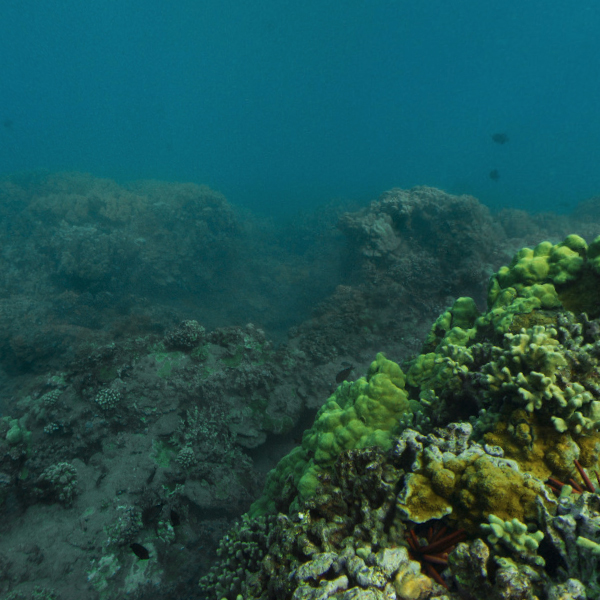
Mapping coral response to water quality stressors to improve coral restoration planning and ridge-to-reef management
Research Projects 2024-2026 PRINCIPAL INVESTIGATOR: Lillian J. Tuttle Raz Co-INVESTIGATORS: Megan J. Donahue, Kim Falinski Sea Grant Graduate Fellow: Justin Berg Research Track: Island Resilience and Sustainability Successful reef restoration requires detailed, site-specific information on the tolerances to prevailing environmental ...
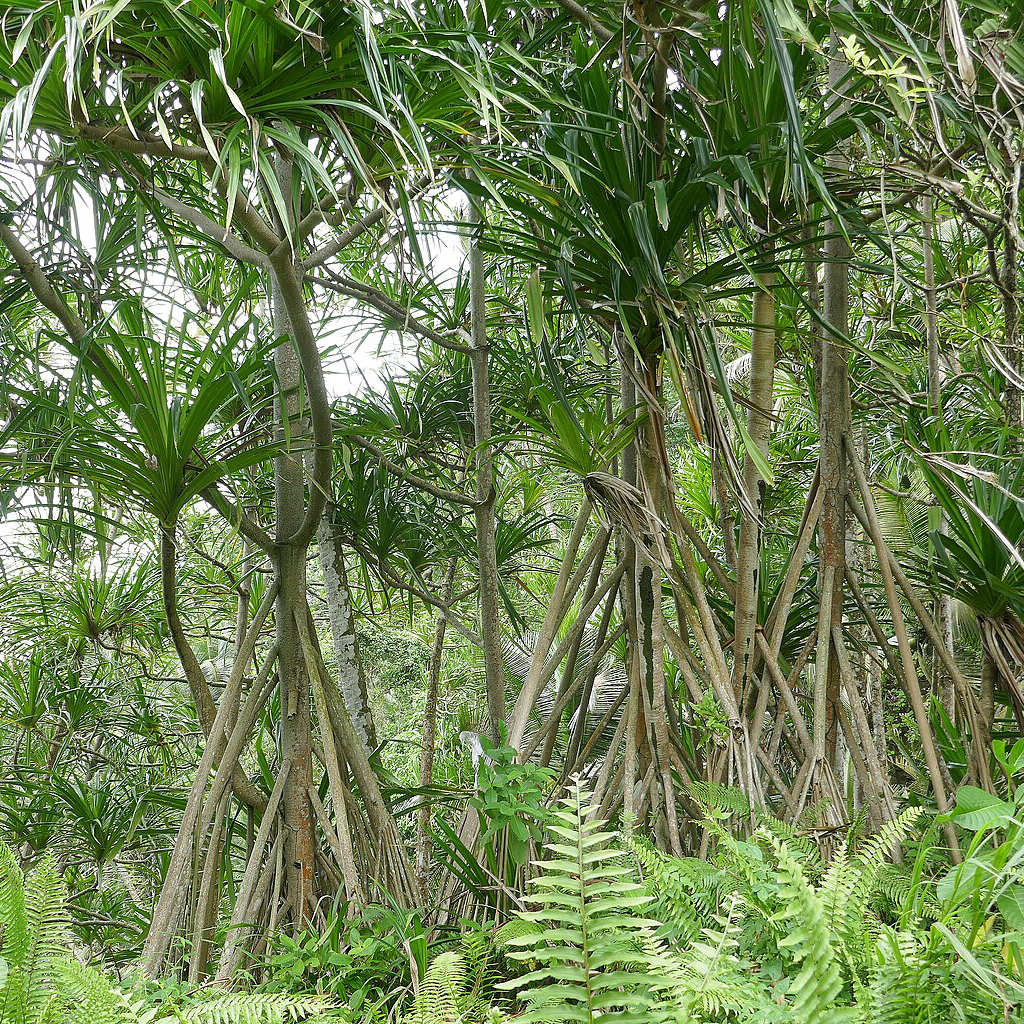
Biocultural management of coastal Pandanus forests to mitigate the effects of climate change in Hawai‘i
Research Projects 2024-2026 PRINCIPAL INVESTIGATOR: Nina Rønsted Co-INVESTIGATORS: Tim Gallaher, Tamara Ticktin, Kalikoaloha Martin PI-CASC Graduate Scholar: Tehina Kahikina Research Track: Island Resilience and Sustainability Pandanus (screwpine or hala) forests historically covered large stretches of the Hawaiian coastline, protecting them from ...
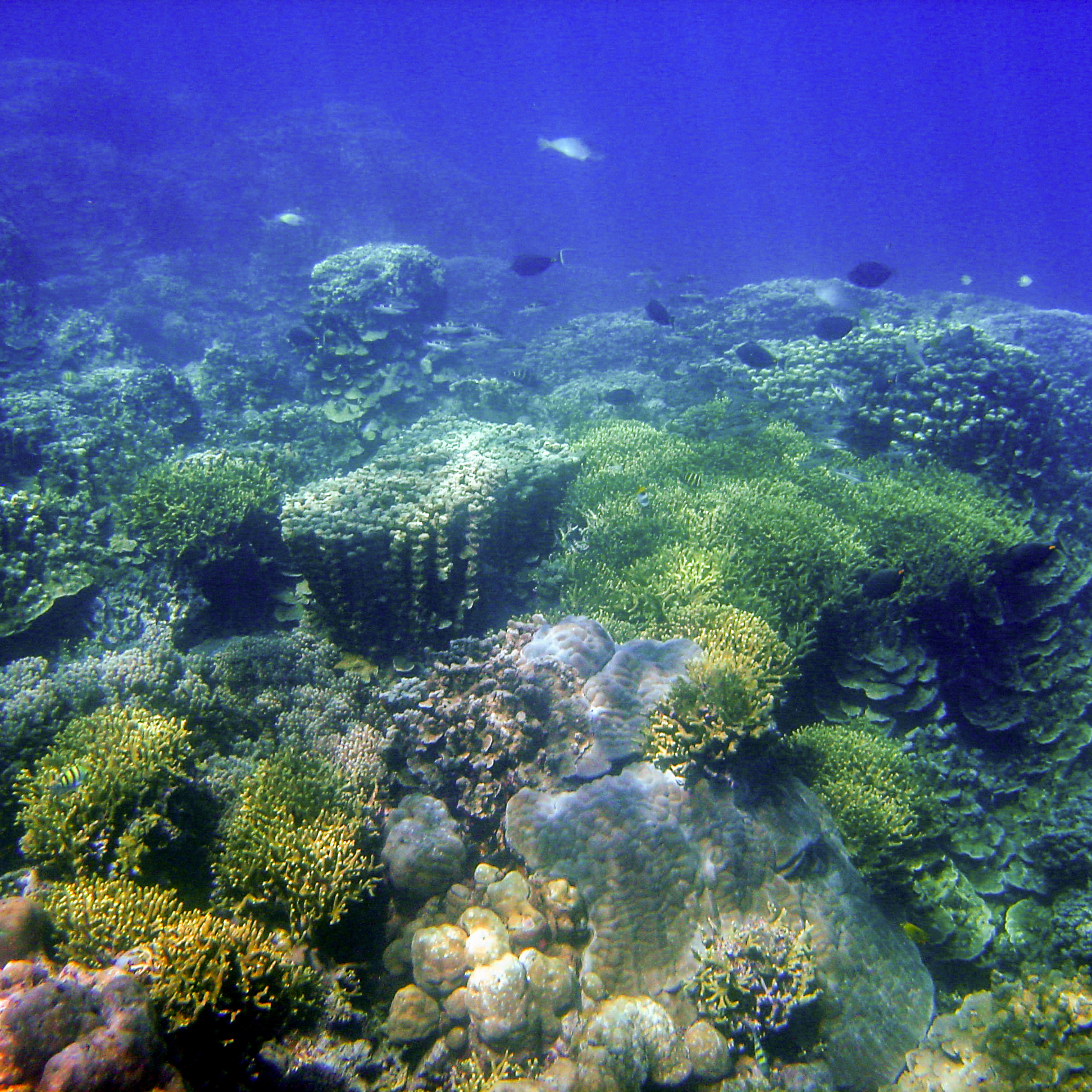
A framework to elucidate historical dynamics and support adaptive management on Hawaiian coral reefs
Research Projects 2024-2026 PRINCIPAL INVESTIGATOR: Lisa McManus Co-INVESTIGATORS: Yoshimi Rii, Kawika Winter, Ryan Okano, Sophia Rahnke Research Track: Island Resilience and Sustainability The global decline of coral reef environments poses complex challenges for researchers, managers, and coastal communities that depend ...
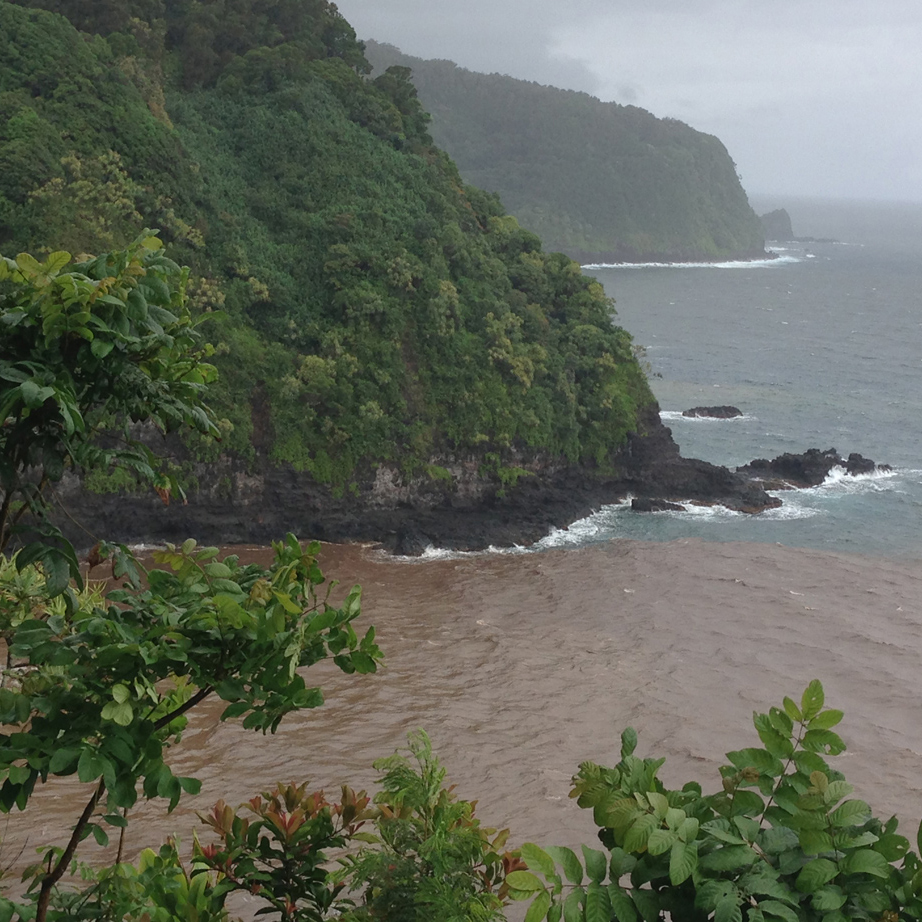
Effects of climate-driven increases in sediment delivery on coral reef ecosystem productivity and accretion: Developing predictive models for management priorities across Maui
Research Projects 2024-2026 PRINCIPAL INVESTIGATOR: Andrea Kealoha Co-INVESTIGATOR: Craig Nelson PI-CASC Graduate Scholar: Sean Swift Research Track: Island Resilience and Sustainability Climate change is increasing sediment delivery to Hawaiian coral reefs. However, differences in the source, composition, and ecological impacts of ...
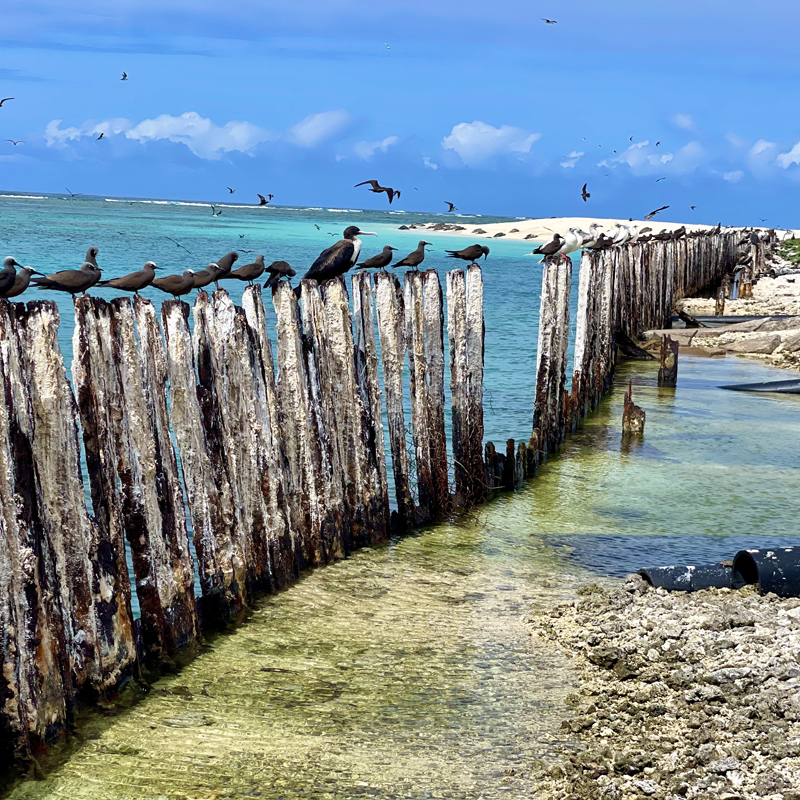
Resilience reports are for the birds: How the seabirds of Lalo are inspiring holistic decision-making
by Kilo Kaʻawa-Gonzales It was almost prehistoric. The whirling sky around me was full of feathers and wings as we plowed through breaking waves on an old metal landing craft that was likened, on more than one occasion, to the ...
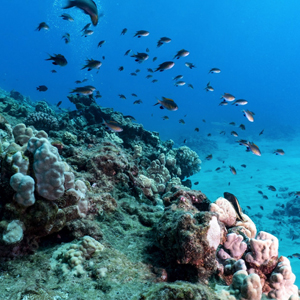
Redefining “success”: The importance of socio-cultural indicators in marine management
by Anita TsangPicture this: You are snorkeling in a nearshore coral reef five years after it was declared a marine management area (MMA). The water is crystal clear, the corals are vibrant and healthy, and there are huge, diverse schools ...
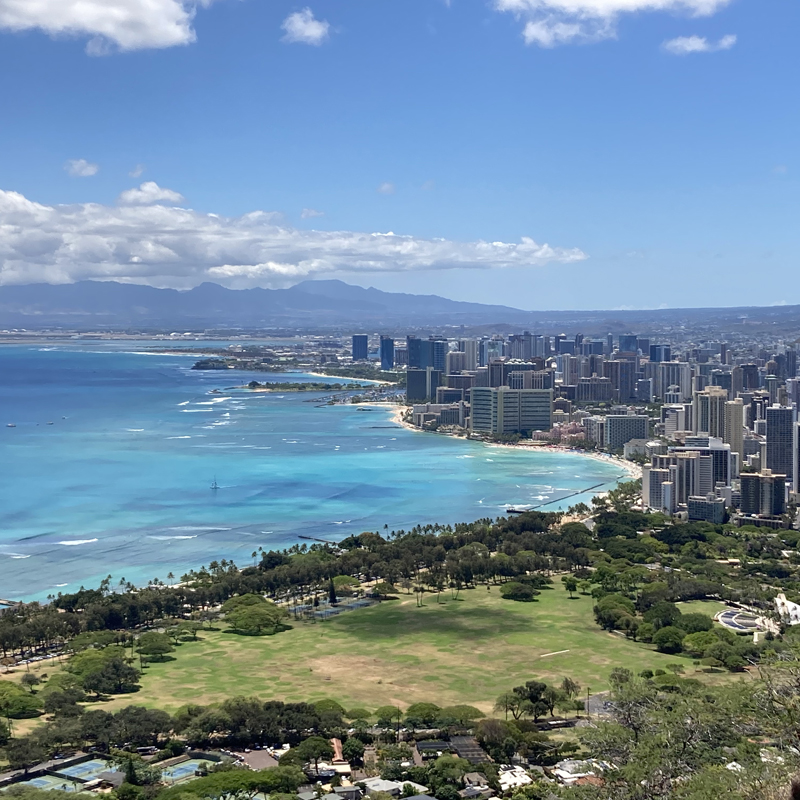
Science and design collide: Benefits of interdisciplinary research and collaboration
by Jojo Briones Those concerned about the future of Waikīkī span many perspectives: government officials, architects, community leaders, engineers, hotel managers, educators, scientists, and residents. Representatives from all these backgrounds came together recently for a virtual community outreach series to ...

Working towards sustainability of Hawaiʻi’s nearshore fisheries through characterizing and modeling fisheries regulation effects
Research Projects 2022-2024 PRINCIPAL INVESTIGATOR: Elizabeth Madin Co-INVESTIGATORS: Kirsten Oleson, Lisa McManus, Zack Rago Sea Grant Graduate Fellow: Annie Innes-Gold Research Track: Interdisciplinary Nearshore fisheries provide extremely important services for coastal communities. However, nearly 25 percent of these fisheries, globally, ...
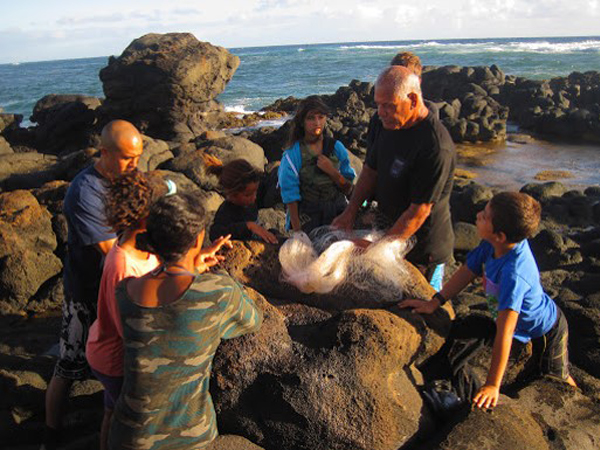
Integrating social and cultural considerations into planning and community-based monitoring to reach marine conservation goals
Research Projects 2022-2024 PRINCIPAL INVESTIGATOR: Mehana Vaughan Co-INVESTIGATOR: Meghan Tait PI-CASC Graduate Scholar: Kapono Gaughen Communities and marine ecosystems around the world are facing increasing impacts from climate change, including rising sea levels, intensifying storms, and degradation of coral reefs ...
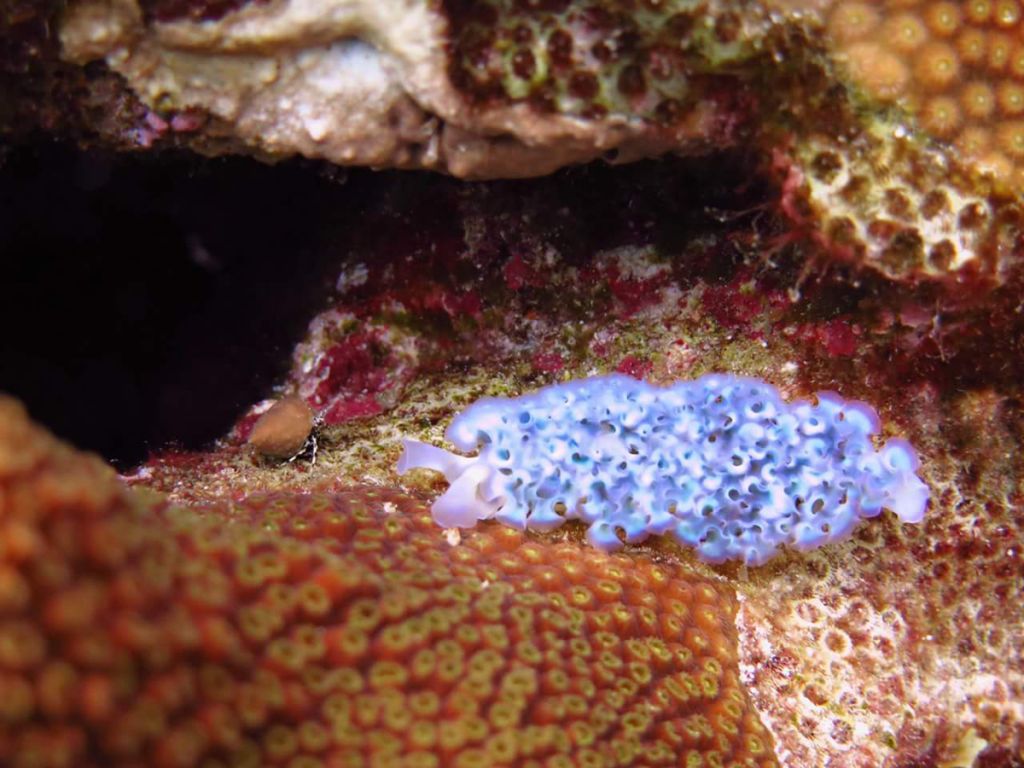
Environmental DNA: Ground-truthing a new tool for coral reef monitoring
Research Projects 2022-2024 PRINCIPAL INVESTIGATOR: Peter Marko Sea Grant Graduate Fellow: Patrick Nichols Given the rapid pace of climate change, successful conservation relies on frequent, fast, and reliable monitoring of at-risk organisms and habitats. Most coral reef monitoring relies on time-consuming ...

